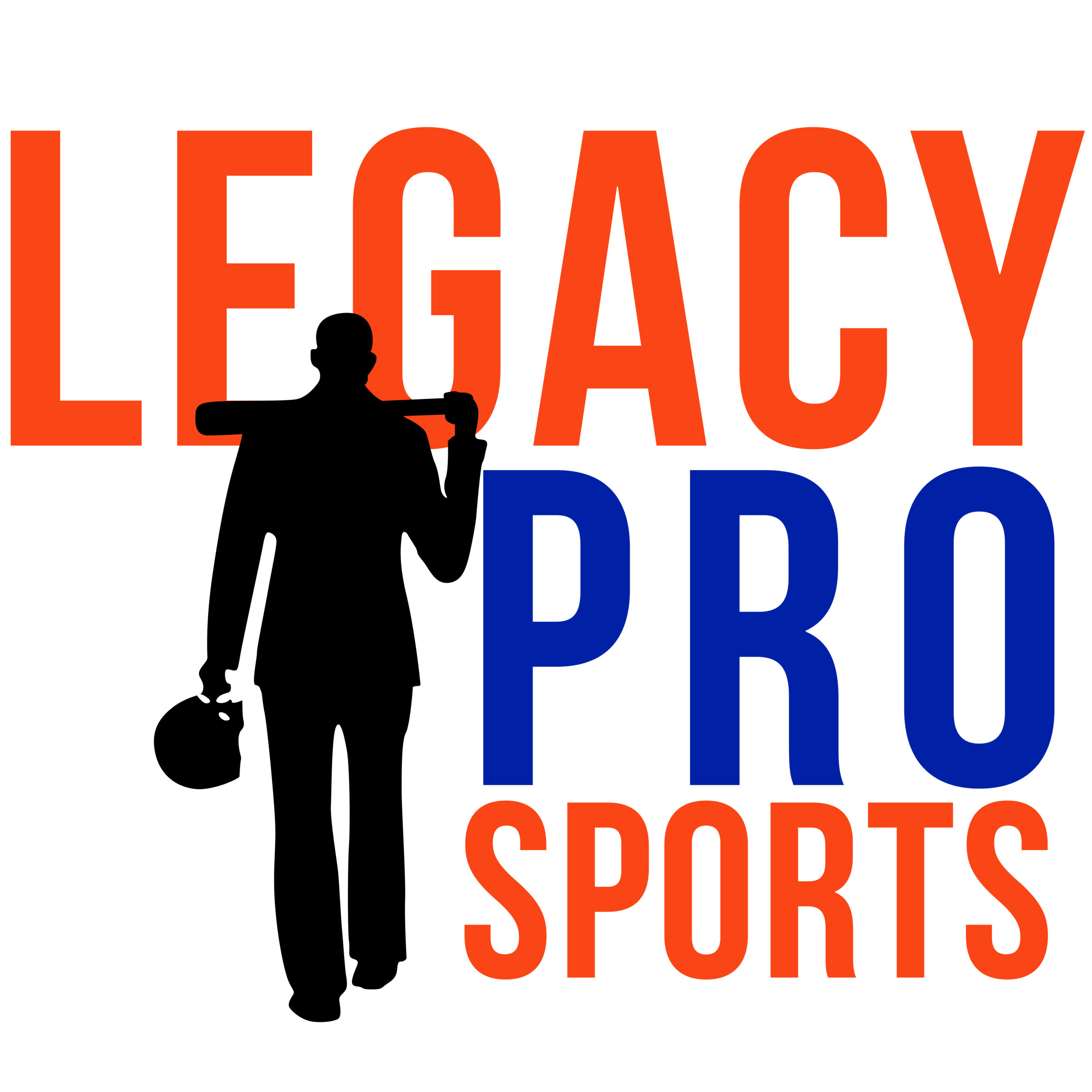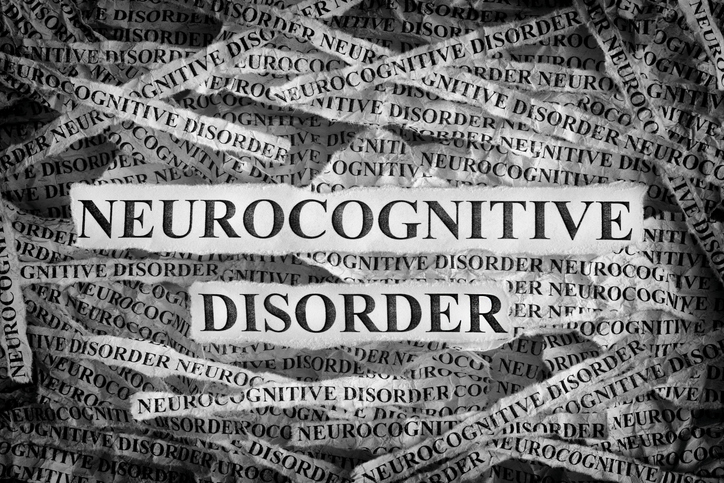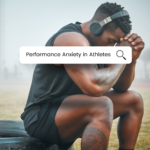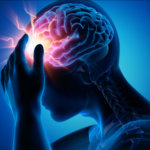Athletes are often looked up to as examples of peak physical and mental fitness. They train for hours on end, perfecting their skills and pushing their bodies to new limits. However, what happens when all that training takes a toll on their brains? Neurocognitive impairments in athletes have become a growing concern in recent years, as studies have shown that repeated concussions and head trauma can have long-lasting effects on memory, decision-making, and overall brain function. From football players to soccer stars, athletes in contact sports are particularly at risk for these types of injuries. But it’s not just contact sports that pose a risk – even endurance athletes can experience a cognitive decline due to factors like dehydration, overexertion, and sleep deprivation. In this article, we’ll take a closer look at the impact of sports on the brain, and what athletes can do to protect themselves from neurocognitive impairment.
Understanding the brain and how it can be affected by sports
Before we delve into the specifics of neurocognitive impairments in athletes, it’s important to understand how the brain works and how it can be affected by sports. The brain is a complex organ that controls everything from movement and sensation to emotion and cognition. It’s made up of billions of neurons that communicate with each other through electrical and chemical signals. When an athlete engages in physical activity, the brain is responsible for coordinating muscle movements, regulating heart rate and breathing, and processing sensory information.
However, sports can also pose a risk to the brain, particularly in contact sports like football, hockey, and boxing. When an athlete sustains a blow to the head, it can cause the brain to move around inside the skull, resulting in damage to the brain tissue. Repeated blows to the head can lead to chronic traumatic encephalopathy (CTE), a degenerative brain disease that can cause memory loss, depression, and aggression. It’s important to note that not all athletes who sustain head injuries will develop CTE, but the risk is higher for those who have had multiple concussions or have played contact sports for many years.
Despite the risks, many athletes continue to participate in contact sports. This is partly due to the fact that the immediate effects of head injuries are often mild and can go unnoticed. For example, a football player may get hit in the head during a game and feel dizzy or disoriented for a few minutes, but then return to the field without any further symptoms. However, over time, these repeated blows to the head can add up and lead to significant neurocognitive impairments.
Common neurocognitive impairments in athletes
So what exactly are neurocognitive impairments, and what are some of the most common ones seen in athletes? Neurocognitive impairments refer to any decline in cognitive function, including memory, attention, processing speed, and decision-making. Some of the most common neurocognitive impairments seen in athletes include:
**1. Memory loss:** Athletes who have sustained head injuries may experience short-term or long-term memory loss. This can make it difficult for them to remember things like plays, game strategies, or even their own names.
**2. Impaired attention:** Head injuries can also affect an athlete’s ability to concentrate, making it hard for them to focus on the game or pick up on important cues from their opponents.
**3. Slowed processing speed:** Athletes with neurocognitive impairments may also experience slowed processing speed, meaning it takes them longer to react to stimuli or make decisions.
**4. Decreased executive function:** Executive function refers to a set of cognitive processes that help individuals plan, organize, and execute tasks. Athletes with neurocognitive impairments may struggle with these processes, making it hard for them to complete tasks on and off the field.
Causes of neurocognitive impairments in Athletes
As mentioned earlier, repeated blows to the head are one of the primary causes of neurocognitive impairments in athletes. However, there are other factors that can contribute to these impairments as well. For example, endurance athletes who engage in activities like long-distance running or cycling may experience cognitive decline due to factors like dehydration, overexertion, and sleep deprivation.
Dehydration can lead to decreased blood flow to the brain, which can impair cognitive function. Overexertion can cause the body to release high levels of stress hormones, which can also affect brain function. Sleep deprivation can lead to decreased alertness and impaired cognitive function. It’s important for athletes to take these factors into consideration when training and competing, and to take steps to prevent dehydration, overexertion, and sleep deprivation.
Diagnosis and treatment of neurocognitive impairments in athletes
Diagnosing and treating neurocognitive impairments in athletes can be challenging, as there is no single test that can definitively diagnose these conditions. Healthcare providers may use a combination of tests and assessments to evaluate an athlete’s cognitive function, including neuropsychological testing, cognitive assessments, and brain imaging studies.
Treatment for neurocognitive impairments in athletes will depend on the severity of the condition and the underlying cause. In some cases, rest and rehabilitation may be enough to improve cognitive function. In other cases, medications or other interventions may be necessary. It’s important for athletes to work closely with healthcare providers to develop a personalized treatment plan that addresses their specific needs.
Prevention of neurocognitive impairments in athletes
Preventing neurocognitive impairments in athletes should be a top priority for coaches, trainers, and healthcare providers. There are several steps that can be taken to reduce the risk of head injuries and cognitive decline, including:
**1. Proper training and technique:** Athletes should be trained in proper techniques for their sport, including how to avoid head injuries.
**2. Protective equipment:** Athletes should wear appropriate protective equipment, such as helmets and mouthguards, to reduce the risk of head injuries.
**3. Rest and recovery:** Athletes should take breaks as needed to allow their bodies and brains to recover from training and competition.
**4. Monitoring for symptoms:** Coaches, trainers, and healthcare providers should monitor athletes for signs and symptoms of neurocognitive impairments, and take appropriate action if necessary.
Taking care of your brain as an athlete
In addition to the steps outlined above, there are several things athletes can do to take care of their brains and reduce the risk of cognitive decline. These include:
**1. Eating a healthy diet:** A diet rich in fruits, vegetables, whole grains, and lean protein can help support brain health.
**2. Getting enough sleep:** Athletes should aim for 7-9 hours of sleep per night to support cognitive function.
**3. Staying hydrated:** Athletes should drink plenty of fluids before, during, and after exercise to prevent dehydration.
**4. Managing stress:** High levels of stress can impair cognitive function, so athletes should practice stress-reducing techniques like meditation and deep breathing.
The future of neurocognitive impairment research in sports
As awareness of neurocognitive impairments in athletes continues to grow, so does the need for further research in this area. Researchers are exploring new ways to diagnose and treat these conditions, as well as developing strategies for preventing them from occurring in the first place. In the future, we may see new protective equipment, training techniques, and interventions that can help reduce the risk of cognitive decline in athletes.
Wrapping Up
Neurocognitive impairments in athletes are a growing concern, particularly in contact sports like football and hockey. However, even endurance athletes can be at risk for cognitive decline due to factors like dehydration, overexertion, and sleep deprivation. It’s important for athletes, coaches, trainers, and healthcare providers to work together to prevent head injuries and promote brain health. By taking a proactive approach to brain health, athletes can continue to excel in their sport while minimizing the risk of long-term cognitive impairment.




